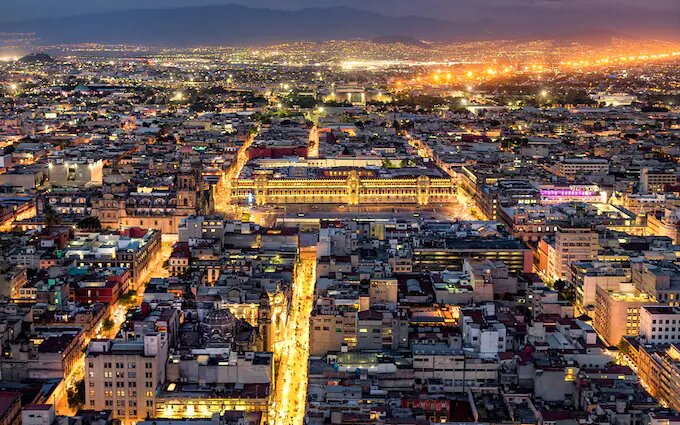Mexico’s economy experienced a marginal growth amidst global and domestic challenges in the first quarter of the year, coinciding with an impending presidential election, Bloomberg reported on Thursday, citing recent government data.
According to the latest data released by the nation’s statistics institute on Thursday, gross domestic product (GDP) expanded by 0.3 per cent from the previous quarter, slightly surpassing economists’ median estimate of 0.2 per cent as surveyed by Bloomberg. On year on year (YoY) basis, the economy expanded by 1.6 per cent, aligning with analysts’ forecasts.
Although Mexico’s economy surpassed expectations throughout much of 2023, Bloomberg said the onset of 2024 witnessed a slowdown in momentum, attributing it to diminished demand for exports and adverse weather conditions impacting agricultural output. The central bank’s stringent monetary policy, maintaining double-digit borrowing costs since 2022, further subdued growth.
Anticipation of government spending ahead of the June 2 election was anticipated to bolster the economy, with planned salary increases and early disbursement of funds aimed at pensioners to avoid election-related disruptions. However, these measures have proven insufficient to counteract other factors impeding economic progress, presenting a challenging scenario for the incoming president.
Concerns among exporters persist regarding the strength of the Mexican peso, which has been one of the top-performing emerging market currencies since the year began. Additionally, elevated temperatures in Mexico have led to drought conditions in numerous states and electricity shortages, potentially impacting economic indicators in the second quarter.
In a Citi survey, economists anticipate a 25 basis points interest rate cut during the central bank’s June meeting. The survey projects GDP growth of 2.2 per cent for 2024, and 1.8 per cent for 2025.


